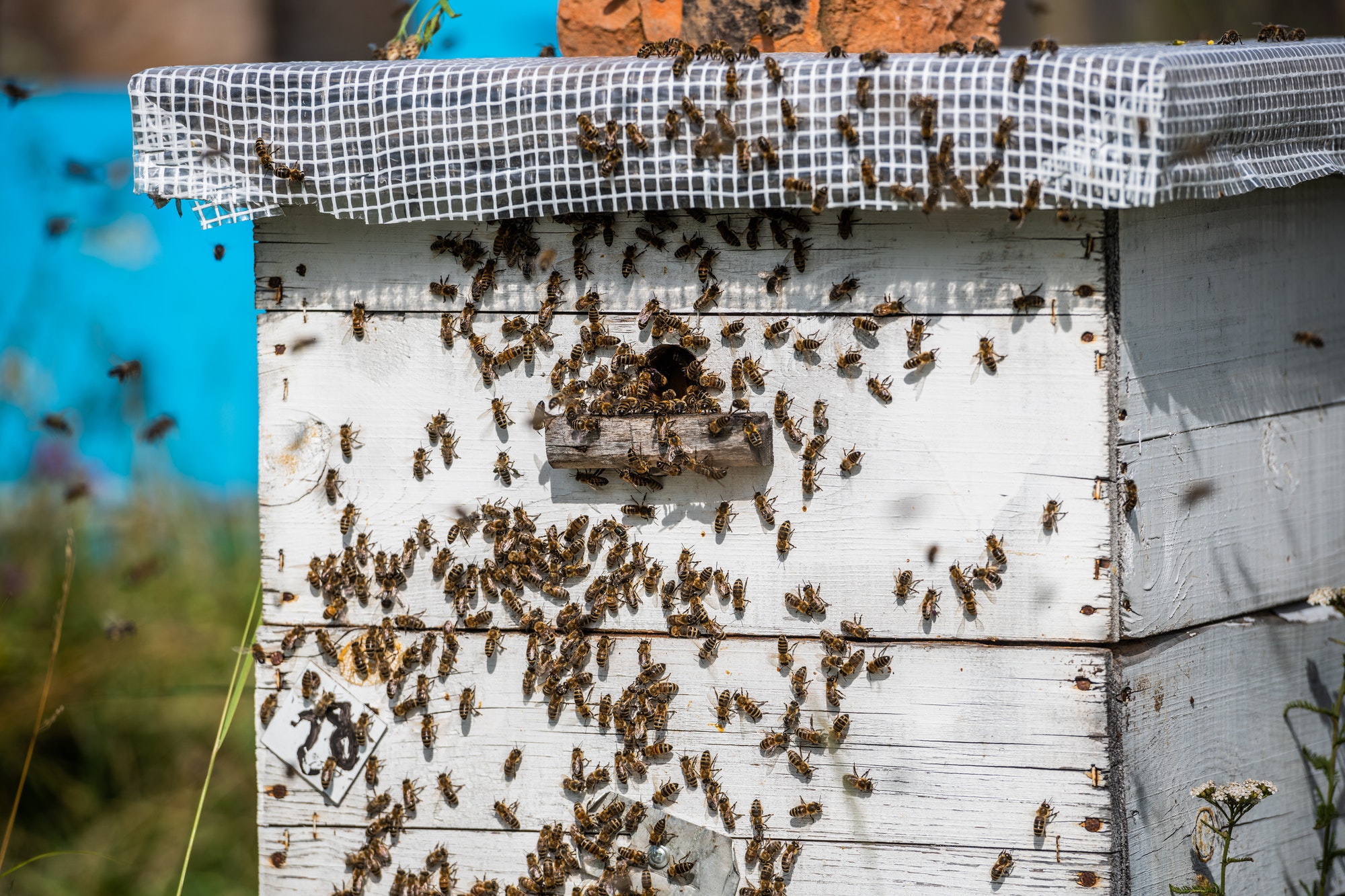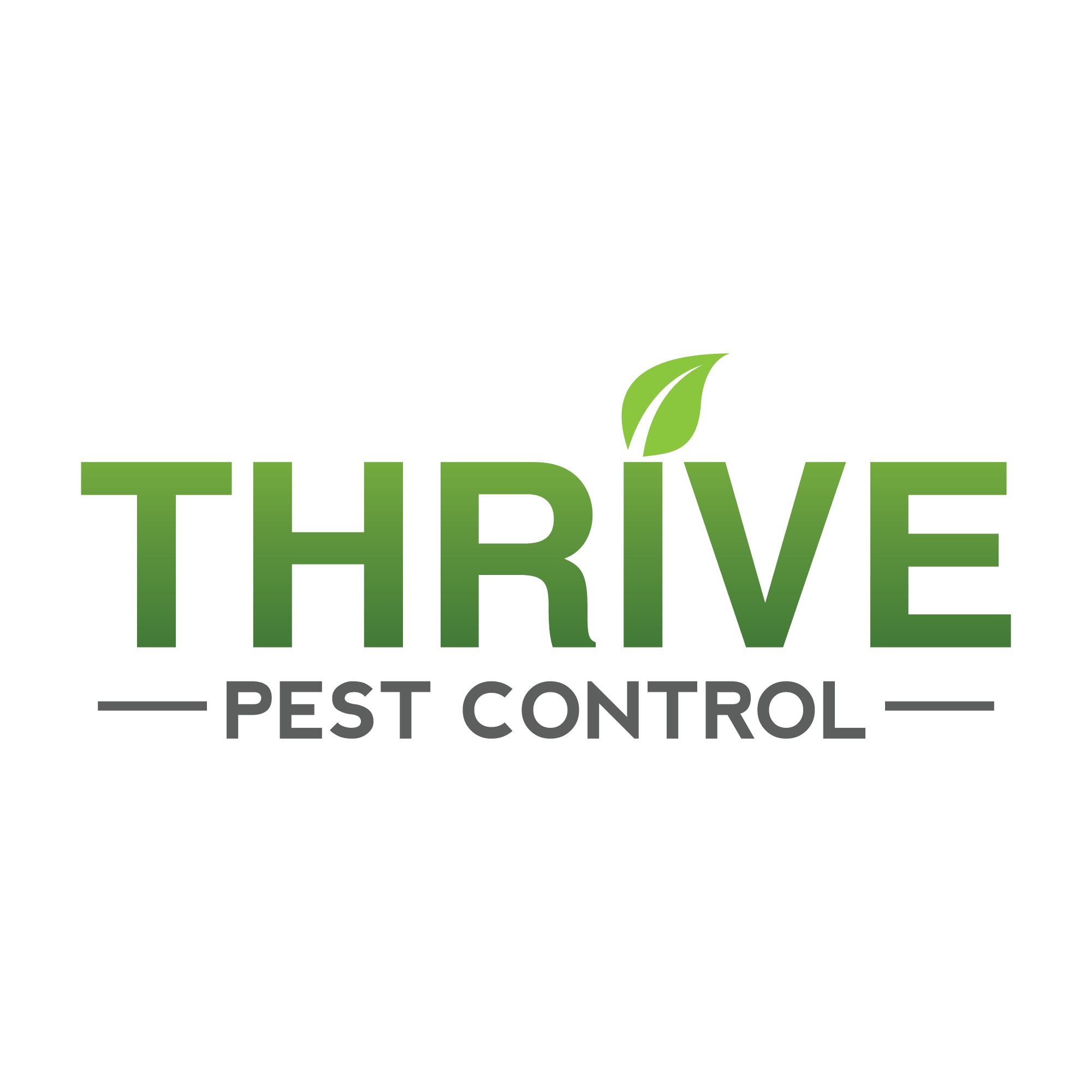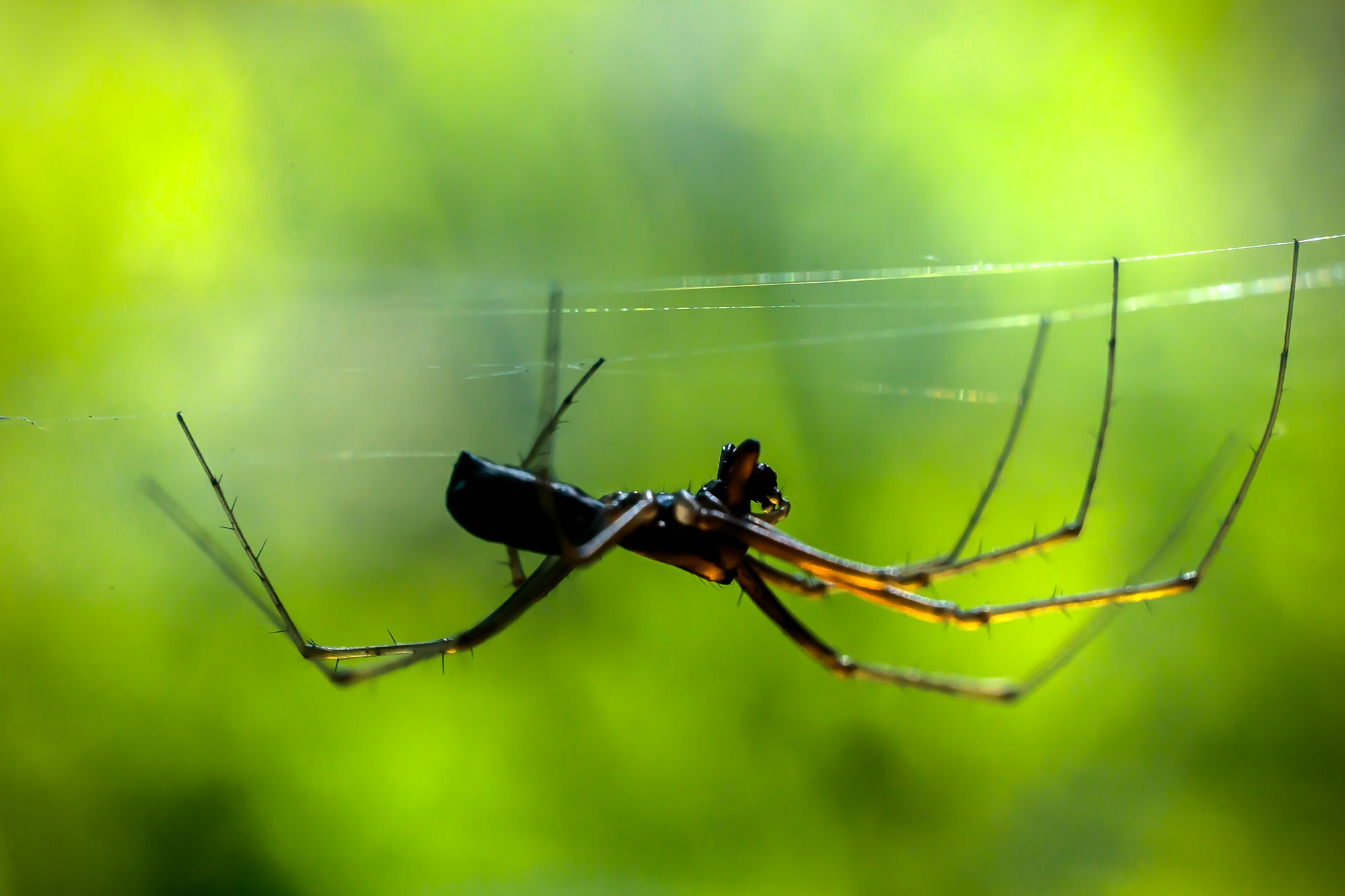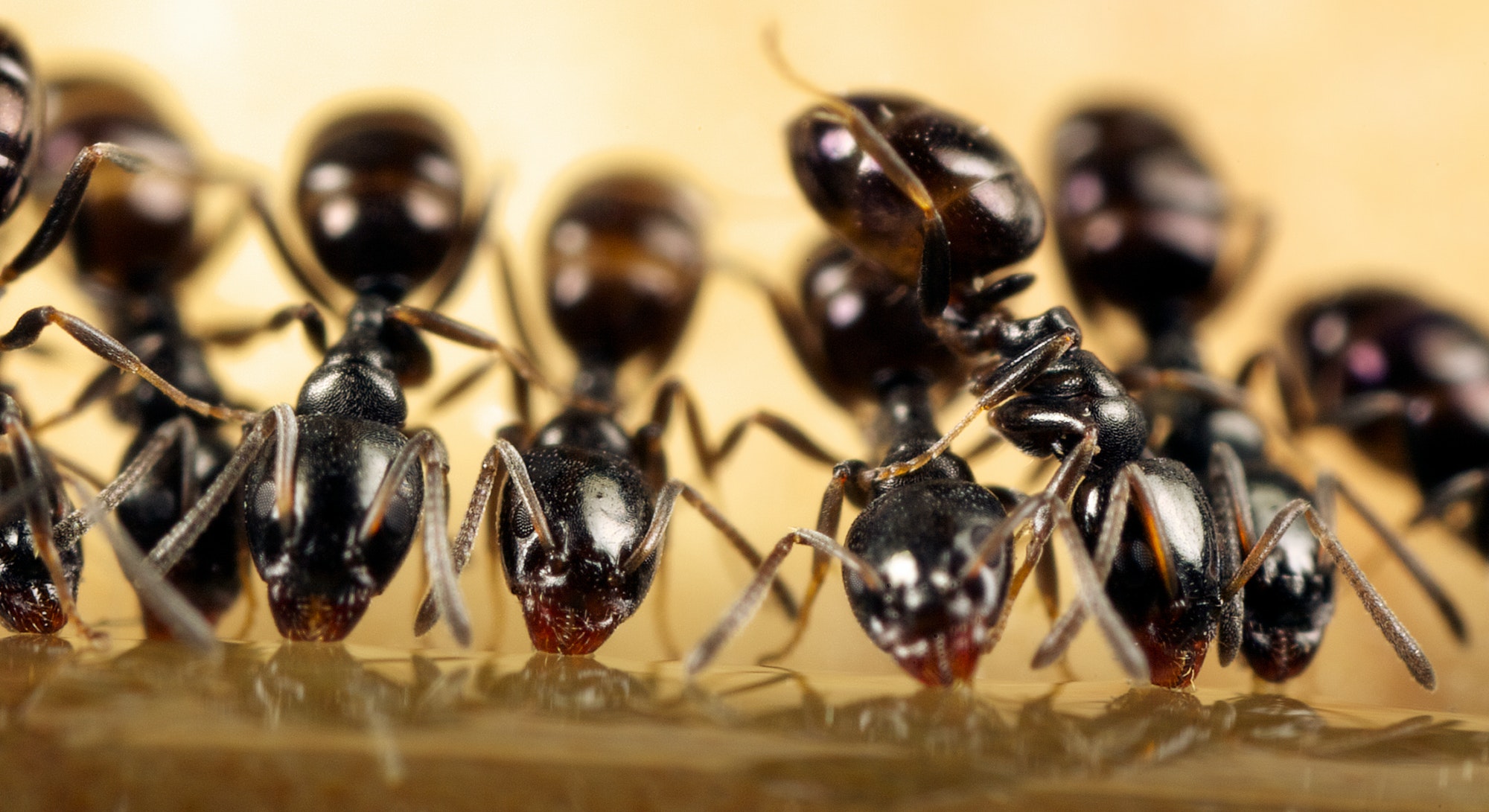Why Bees Are Important For The Ecosystem?
Most people are not overly fond of bees because they are not a fan of being stung by one. However, there is more to a bee’s existence than stinging you and your loved ones. A bee, or an Anthophila, is a flying insect that is classified as an Apoidea along with wasps.
The bee plays an abundant role in pollination, which is the transfer of pollen from the male part of the plant to the female part of the plant. This then enables the fertilization and production of seeds.
The bee is an excellent pollinator, a majority of their life is dedicated to collecting pollen as a source of protein, which they need to produce their offspring. When a bee lands on a flower the hairs on their body collect pollen grains through electrostatic forces. When the bee takes off to find another flower two things happen to said pollen.
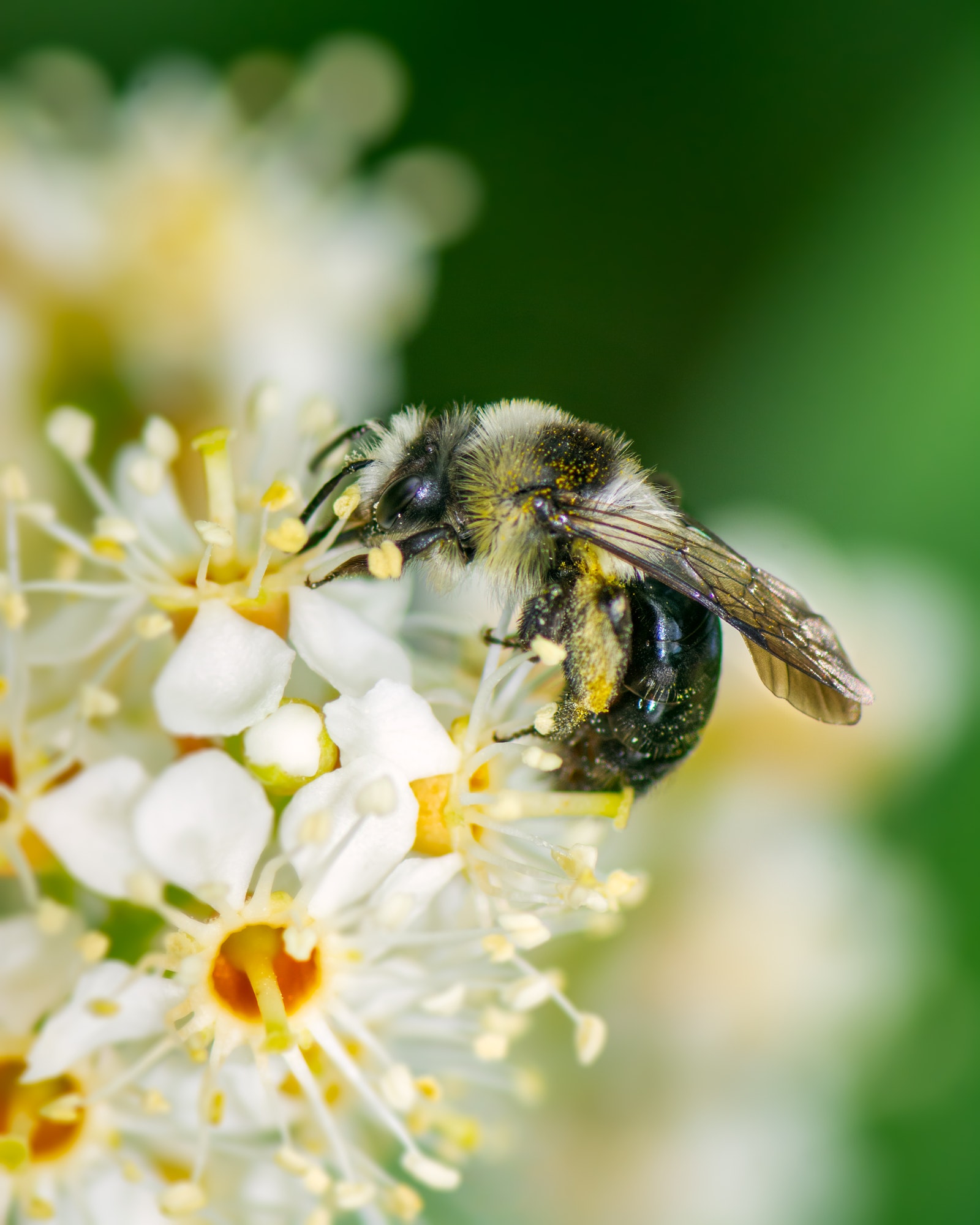
A portion of it is carried along with the bee to the next flowers, while the rest of it falls off along the way. Either way, the pollen is being distributed to the new flower. As I stated earlier, once the pollen comes in contact with a new flower new seeds are produced. These new seeds usually lead to the creation of new flowers, but they can also be eaten by animals and distributed by the wind.
This is where the food chain comes into play. Flowers and other plants are producers, the more producers in the ecosystem, caused by pollination, the more food that is available for consumers; rabbits, deer, and cows.
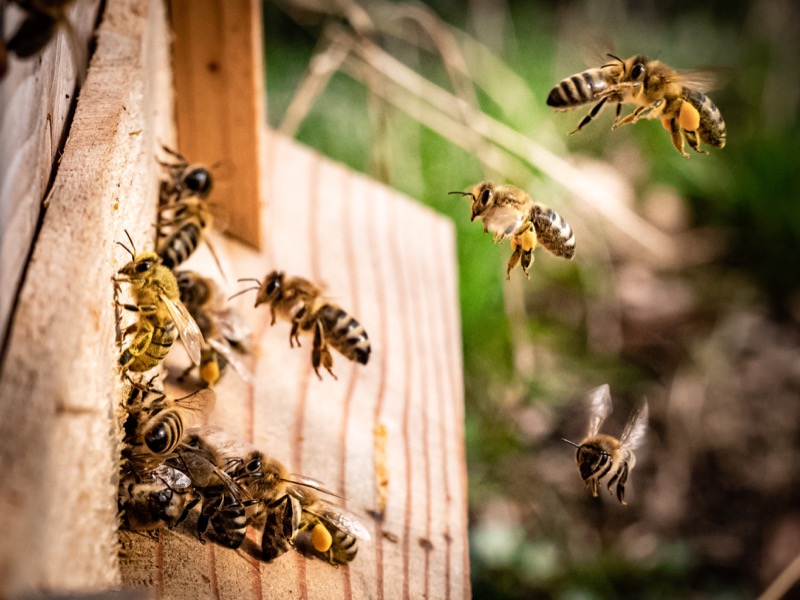
Humans then eat these consumers as their source of food. The thing about the food cycle is that it works in reverse as well. Meaning, if something as seemingly minimal, such as pollination, doesn’t occur the whole chain of events will be affected. Having fewer plants will lead to a decrease in the population of animals like deer, cows, and other plant diet based animals due to starvation and scarcity of food.
We as humans eat these consumer animals daily, if they begin to decrease in population this means that we won’t have one of our biggest sources of food and sustenance. Pollination also acts as a supporter of the growth of trees. Trees, and other plants, are responsible for most of the Oxygen production in the atmosphere.
As many of us know Oxygen is necessary for humans and other animals to survive. Through the Oxygen Cycle, plants and trees have a give and take relationship with humans and animals. We need the oxygen the trees give off and they benefit from the Carbon Dioxide we emit. However, none of these transactions are possible without the presence of plants, which are in part created with help from pollination. Pollination also helps play a role in the production of fruit.
Many of the fruits we eat grow on plants and trees, without pollination, they would not grow. After the fertilization carpels develop into the fruit tissue, ovary, that we then eat. All of these processes and actions are the sign of a healthy ecosystem that can regulate itself as time passes. The one thing that connects all of the events is the occurrence of pollination.
This is why bees are important for the ecosystem, they are one of the leading causes of pollination in the environment. In short, without bees, we would start to see changes in the ecosystem starting with a reduced number of plants which will then through off the whole flow of the ecosystem eventually leading to a shortage of food for all consumers including the human population.
